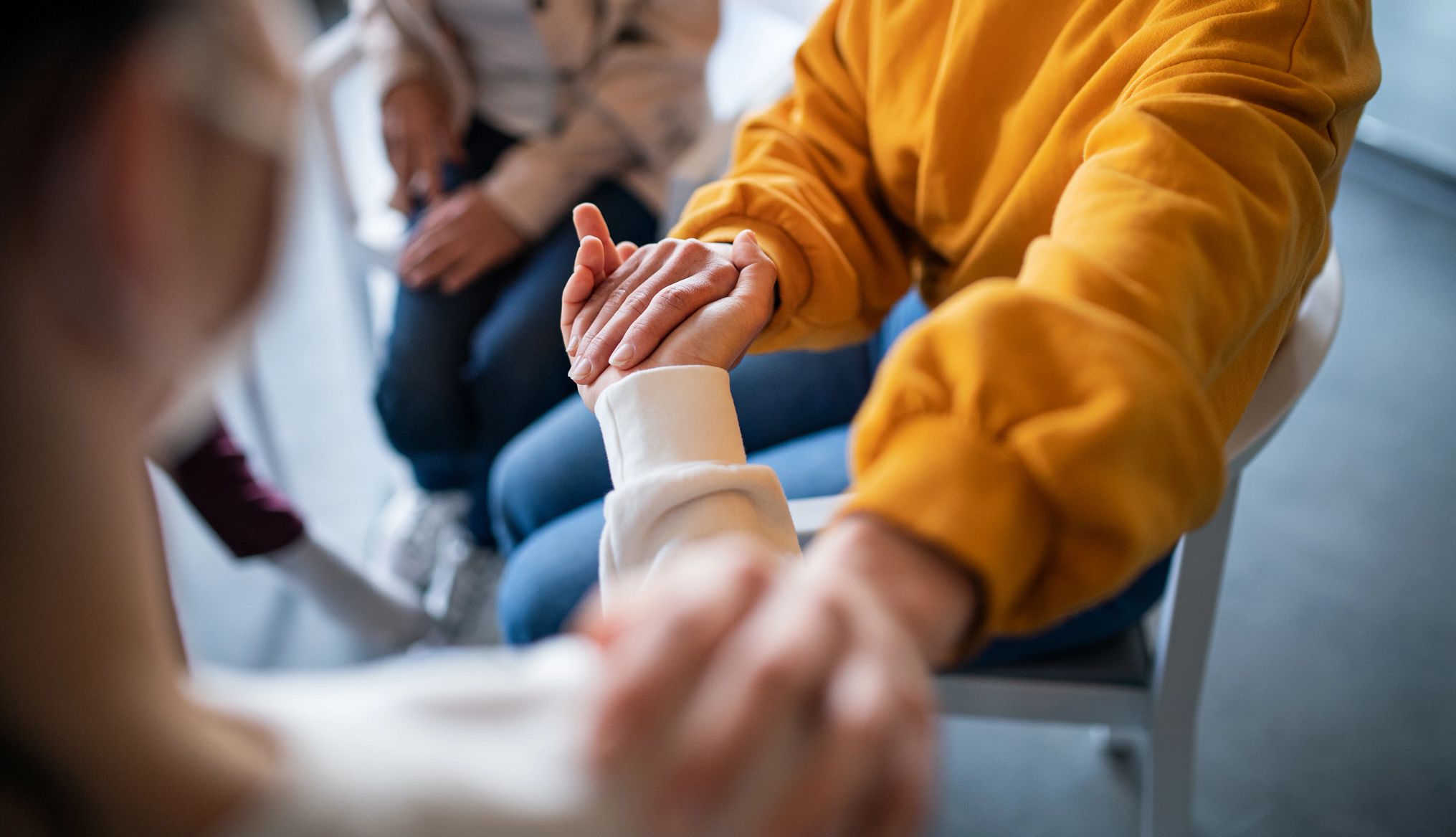AARP Hearing Center


In this story
Benefits of support • What to expect • Joining a group • Who leads groups • Specialized groups • Cost • Resources
If caring for a loved one leaves you feeling frustrated and overwhelmed at times — you’re not alone.
About 48 million U.S. adults provide unpaid care to their loved ones, and more than half hold down a job as well, according to AARP’s 2023 report “The Cost of Caregiving.” The survey found 56 percent of caregivers said the role made it difficult to care for their own mental health; 41 percent reported feeling lonely.
One way to tackle the challenges caregivers face is to join a support group specifically geared to those taking care of loved ones. Peer-led groups not only reduce social isolation and provide psychosocial support; for those facing similar health issues, they also provide practical advice about self-care and how to navigate the health system, according to a 2022 study in the journal Family Practice.
Greg Link, director of the office of supportive and caregiver services in the Administration for Community Living, agrees: “Support groups provide much-needed opportunities for social and emotional connectedness and are important sources of information and education about one’s role as a family caregiver.”
What should you expect in a support group?
Caregiving groups may meet in person at hospitals, libraries, community centers or cafés. Or they may meet virtually, online.
“We ask questions like, how are you doing? What’s worked this month? What hasn’t worked?” says Bev Miller of Arlington Heights, Illinois, a former teacher and caregiver who has led support groups for the Alzheimer’s Association since 2010.
People come to support groups to learn tips, coping strategies, empathies. “They learn they shouldn’t explain or argue. Instead, divert. Give ’em ice cream,” says Miller, whose group’s members are handling loved ones with dementia.
But they also discuss weighty issues such as whether to put their loved one in a facility.
Her monthly 90-minute support group session is free and meets over Zoom. “People often say they feel better . . . that other people understand what they’re going through,” she says. “We can’t fix their problem, but they know they’re not totally alone.”






























































More From AARP
Find the Right Home Health Aide for Your Loved One
What to look for and how to hire someone to care for family at homeCreate a Respite Care Plan to Give Caregivers a Break
Learn what services and programs are available to help
What to Do When Parents Refuse to Take Their Pills
Try these solutions if your loved one is having trouble managing medications